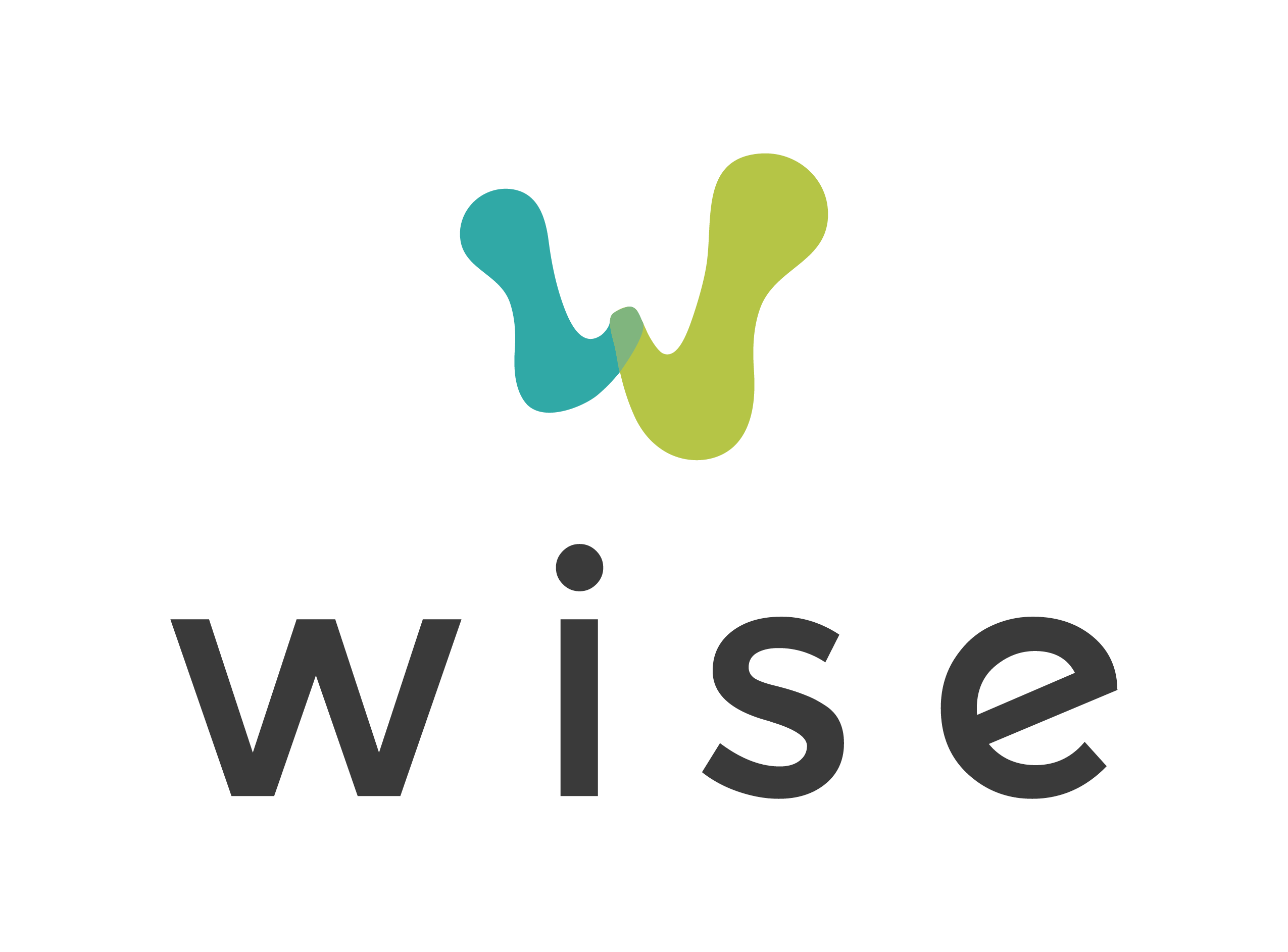Georgia Capacity Building Initiative
The State of Georgia has committed to returning to a lead national position as one of the top 5 states in supported employment outcomes. This three year project assists the state in enhancing and expanding competitive integrated employment (CIE) opportunities for Georgia’s citizens with developmental disabilities.
Efforts are focused in several key areas:
Executive Leadership Roundtables
- Create capacity-building strategies with organizational executives and state leaders to deliver community-based services
- Roundtable sessions on budgeting, infastructure, retooling staff, best practices and data systems
- Development of advocacy team to promote CIE
State Leadership
- Technical assistance to state leaders to support shifting policies and practices that support the vision of employment as the expected outcome for working age adults
- Technical assistance around data development and use
- Sharing of “best practice” information and technical assistance
- Technical assistance around strategies for information sharing and publicizing of success stories
Self-Advocates/Families/Educators
- Training and technical assistance that addresses concerns about CIE
- Training an technical assistance that clarifies the value and opportunity for CIE
Employment Providers
- Development of Job Development Cohorts of highly trained professionals
- Development of Employment Leadership Cohort to manage, grow and sustain CIE services
- ACRE and On-Demand Training opportunities to expand provider CIE knowledge and skill
Regional Gardens / Employment First Teams
- Development of local Employment First teams to address varied regional needs
- Sharing of informative presentations and resources
- Technical assistance for strategy development and local community capacity building
- Technical assistance for developing a sustainability strategy
Support Coordination / Systems Navigators
- Training to increase knowledge on the value of CIE and individualized community services, emphasized that people can work when providers have the right skills, and understanding how supported employment works and the benefits of employment
- Training and technical assistance to increase skills in having the employment conversation with people with intellectual and developmental disabilities and their families
